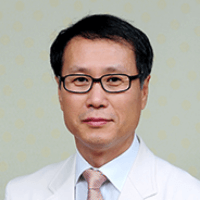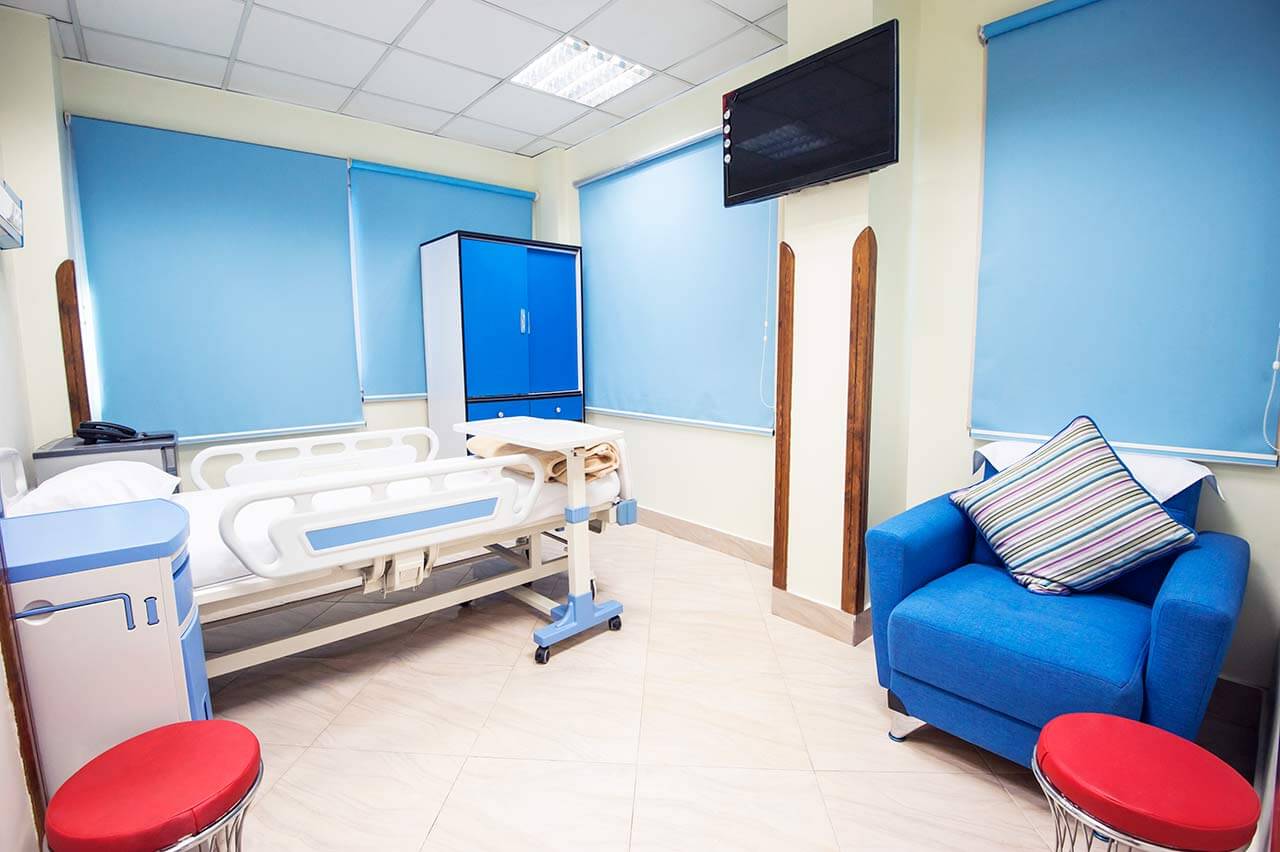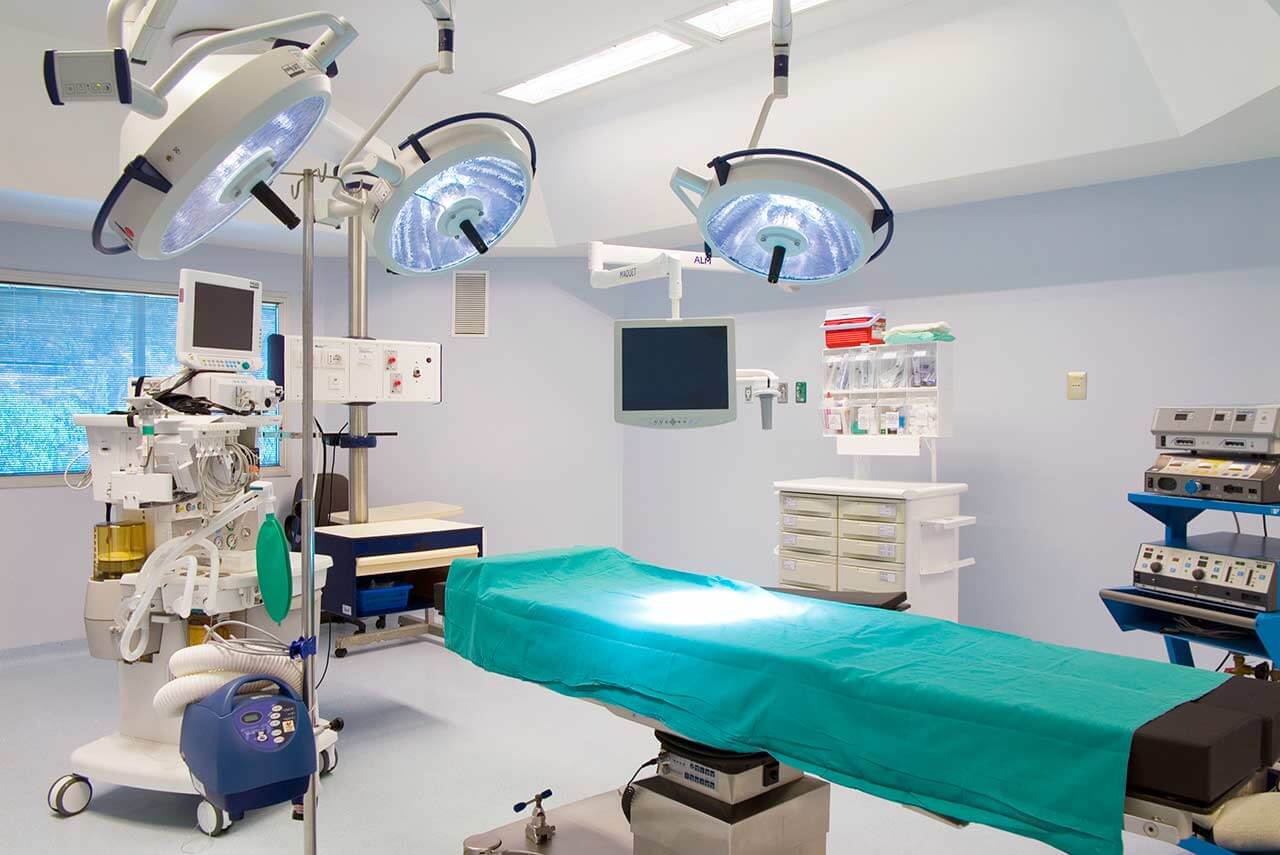
The program includes:
- Initial presentation in the clinic
- clinical history taking
- review of medical records
- physical examination
- laboratory tests:
- complete blood count
- general urine analysis
- biochemical analysis of blood
- inflammation indicators (CRP, ESR)
- indicators blood coagulation
- neurological examination
- functionality x-ray of the spine
- CT/MRI scan of the spine
- neuropsychological tests (on indications):
- ENMG (electroneuromyography)
- SEPs (somatosensory evoked potentials)
- preoperative care
- discotomy and joint replacement of intervertebral disc
- postoperative control
- symptomatic treatment
- control examinations
- the cost of essential medicines and materials
- nursing services
- full hospital accommodation
- developing of further guidance
Required documents
- Medical records
- X-ray examination, MRI/CT scan (if available)
Service
You may also book:
 BookingHealth Price from:
BookingHealth Price from:
About the department
The Department of Adult and Pediatric Neurosurgery at the Samsung Medical Center offers the full range of services in this medical field and specializes in the surgical treatment of diseases of the brain and spinal cord. The department is headed by Prof. Dr. med. Shin Hyung Jin.
The department annually performs more than 3,500 surgeries to treat brain tumors, cerebrovascular diseases, spinal cord diseases, pediatric neurological diseases and functional brain disorders. During the treatment, doctors use state-of-the-art neuronavigation systems, neuroendoscopy, intraoperative CT examination, which provide the most effective treatment. For the treatment of brain tumors that are not subject to surgical removal or in which additional therapeutic measures are required, the department uses Gamma Knife.
It should be noted that the department demonstrates minimal rates of postoperative complications.
The service range of the department includes:
- Open interventions to remove brain and spinal cord tumors with the use of neuromonitoring systems
- Neuroendoscopy
- Treatment of brain tumors with the Gamma Knife
- Treatment of cerebrovascular diseases
- Clipping
- Imposition of direct and indirect vascular anastomosis
- Endovascular coil embolization
- Other treatments
- Treatment of acute stroke (in collaboration with the Departments of Neurology, Radiology, Rehabilitation)
- Treatment of spinal cord diseases
- Discectomy
- Decompression
- Intercorporal spondylodesis
- Complex open surgical interventions
- Other treatments
- Treatment of functional brain disorders
- Microvascular decompression for the treatment of hemifacial spasm and trigeminal neuralgia
- Other services
- Surgical treatment of epilepsy
- Deep brain stimulation to eliminate epileptic seizures and improve motor functions
- Other medical services
Curriculum vitae
- Study of Medicine at the Seoul National University.
- Residency at the Seoul National University Hospital.
- Internship at the Seoul National University Hospital.
Additional Education
- University of California, San Francisco (UCSF), USA.
- Children's Hospital of Philadelphia, Philadelphia, USA.
Membership in the Academic Societies
- Member of the Korean Neurosurgical Society.
- President of the Korean Society for Pediatric Neurosurgery.
Photo of the doctor: (c) Samsung Medical Center
About hospital
The Samsung Medical Center was founded in 1994 and soon won the reputation of a medical facility of presidential standards, which it still preserves today. The hospital has 40 departments, 10 specialized centers and a huge Cancer Center with 655 beds.
The medical facility is equipped with advanced equipment (for example, a 32-channel spiral magnetic resonance tomograph and Somatom computer tomograph), as well as with the picture archiving and communication system that provides the highest level of medical care. In addition, the hospital boasts state-of-the-art infrastructure and outstanding medical personnel, which makes every effort to provide the patient with comprehensive first-class medical care, create a friendly attitude, show understanding and sympathy. The hospital constantly develops, monitors all world innovations and is engaged in active research activities.
Thanks to the outstanding treatment results, the hospital has the highest rating and enjoys worldwide popularity. For example, survival rates after liver transplantation and hematopoietic stem cell transplantation in children are among the best in the world. Also, the clinic demonstrates excellent treatment results for oncological diseases and the best survival rates of very premature babies (born on the 25th week of pregnancy) with a weight of only 380 g. The survival rates of very premature babies exceeds 50%, and this result is considered the best in the world.
Thus, the Samsung Medical Center is one of the best hospitals in South Korea and all over the world, known for its comfort and high-quality treatment. The hospital has received many awards, including the award of the Ministry of Health and Social Welfare.
Photo: (с) depositphotos
Accommodation in hospital
Patients rooms
The patients of the Samsung Medical Center live in comfortable patient rooms made in a modern design. Also specially equipped rooms for patients with disabilities are offered. Each patient room is furnished with a comfortable bed, a bedside table, a telephone and TV. The hospital offers free Internet access.
The medical center has an excellent infrastructure: pharmacies, a gift shop, a beauty salon, a bank, a restaurant, a food court, cafeterias, prayer rooms for representatives of different faiths.
Meals and Menus
The medical center offers patients delicious and healthy three meals a day: buffet breakfast, a nutritious lunch and dinner. The menu features a variety of international dishes, including vegetarian ones. In addition, the hospital has several food courts, cafeterias and a restaurant, where one can also taste delicious food and drink either hot or refreshing drinks.
Further details
Standard rooms include:




